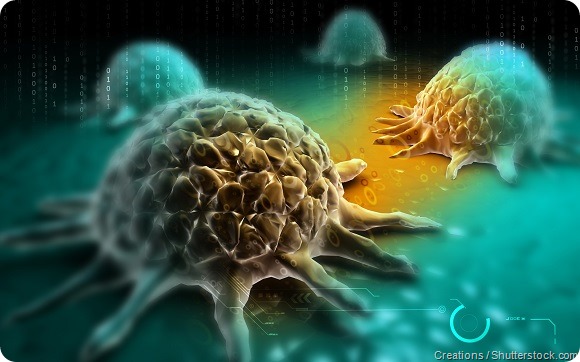One in two people will develop cancer in their lifetime, according to new calculations from Cancer Research UK.
Almost 54% of men and 48% of women will be diagnosed with the condition, the figures indicate. This new estimate replaces the previous prediction that one in three individuals will at some point be diagnosed with cancer.

Longer life expectancy is the primary reason for the increase because more people are surviving into old age when cancer becomes more common. Medical advances and improvements in healthcare have meant fewer people are dying as a result of conditions such as heart disease and infections.
“Cancer is primarily a disease of old age, with more than 60% of all cases diagnosed in people aged over 65,” says lead author Peter Sasieni from Queen Mary University, London.
If people live long enough, most will get cancer at some point.
Cancer Research UK says the new estimate is derived from a more accurate method of calculating cancer risk. The previous estimate was based on the assumption that the cancer risk people are born with remains constant throughout their lifetime, whereas the new calculation accounts for future changes in the population.
Although the principal change is increased life expectancy, changes in people’s lifestyle habits such as drinking alcohol, smoking and eating are also affecting cancer rates. According to the new calculation, people born after 1960 are more likely to develop cancer than those born before that date because those born later are more likely to survive for longer.
The new estimate highlights the need for urgent plans to make sure the NHS is fit to cope with the demands placed on it by an aging and growing population.
“If the NHS doesn’t act and invest now, we will face a crisis in the future - with outcomes from cancer going backwards,” says Dr Harpal Kumar, chief executive of Cancer Research UK.
Prevention also plays and important role and Sasieni says there’s a lot we can do to make cancer less likely such as giving up smoking, being more active, drinking less alcohol and maintaining a healthy weight.
If we want to reduce the risk of developing the disease we must redouble our efforts and take action now to better prevent the disease for future generations.
Sources